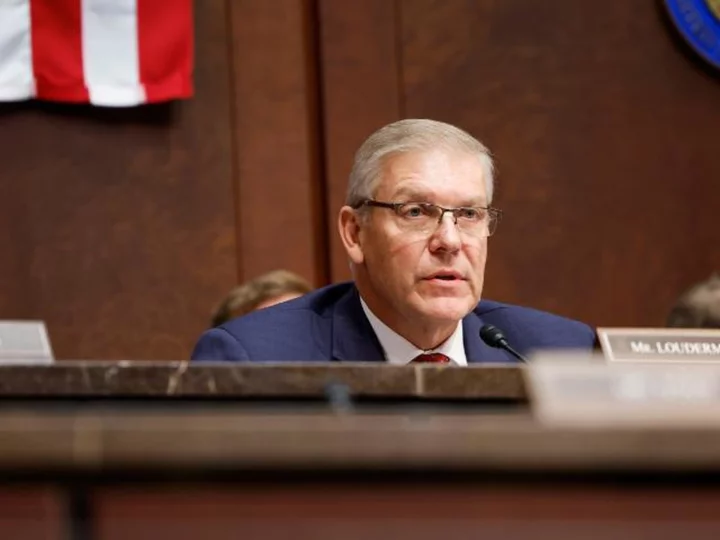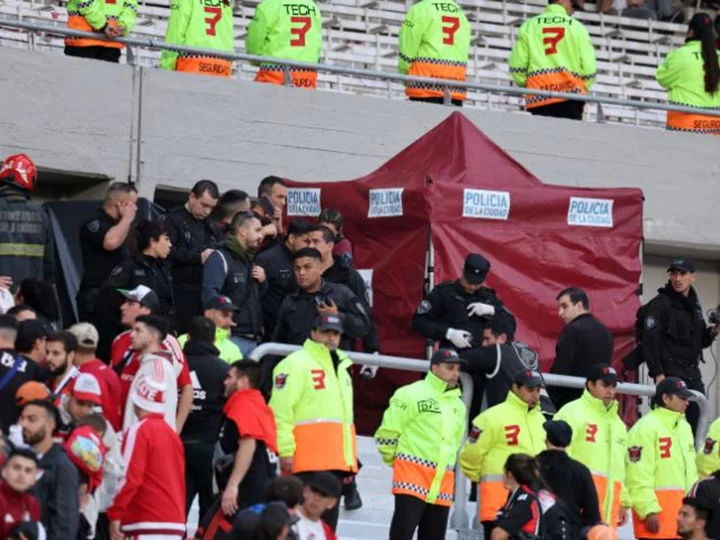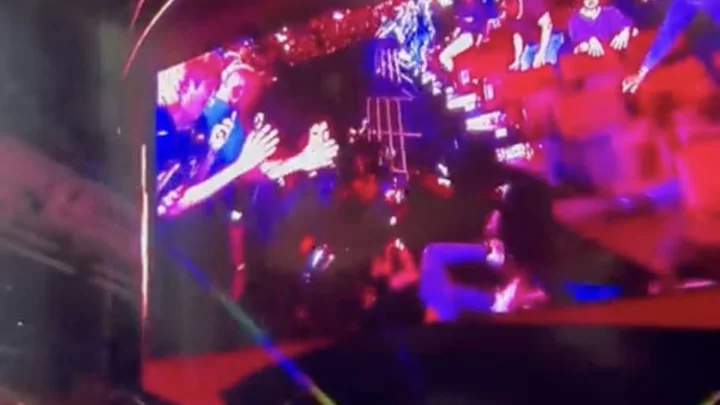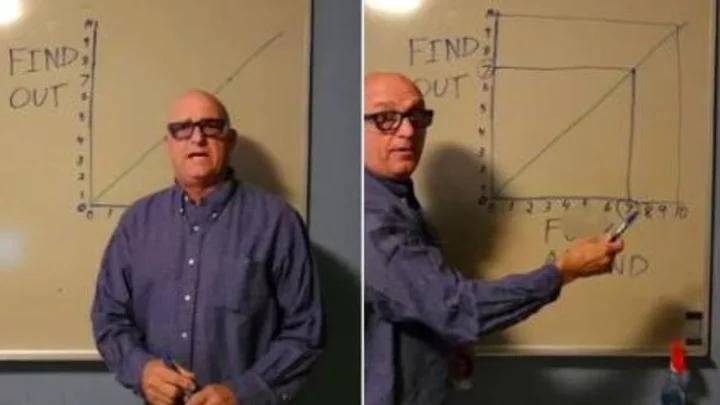The White House told Rep. Barry Loudermilk it is still reviewing the transcripts of four individuals who testified to the House select committee that investigated January 6, 2021, for security purposes, according to a letter obtained exclusively by CNN.
Loudermilk, a Georgia Republican who is overseeing the GOP-led investigation into the panel, has raised concerns about not having all of its work product.
White House Special Counsel to the President Richard Sauber told Loudermilk that there are four former Trump administration officials who had testified whose transcripts are still in the process of being redacted "to protect sensitive operation and personal information."
"The White House is currently conducting this review. We expect to complete our review soon," Sauber wrote.
Sauber promised that the White House will send the transcripts to Loudermilk and to the National Archives when the review of these transcripts are complete and the appropriate redactions are added.
Loudermilk previously told CNN he is missing certain transcripts, video tapes of depositions and information about how the panel had investigated the law enforcement response to the attack on the US Capitol.
"There's little snippets of stuff all around," Loudermilk told CNN.
The former chair of the January 6 committee, Democratic Rep. Bennie Thompson of Mississippi, sent Loudermilk a letter in July defending his panel's archival process. Thompson outlined that according to the Office of the Clerk of the House of Representatives, the panel only had to archive "noncurrent, official, permanent records," which does not include video recordings of interviews or internal work product.
"Consistent with guidance from the Office of the Clerk and other authorities, the Select Committee did not archive temporary committee records that were not elevated by the Committee's actions, such as use in hearings or official publications, or those that did not further its investigative actions," Thompson wrote on July 7.
"The Select Committee was not obligated to archive all video recordings of transcribed interviews or depositions. Based on guidance from House authorities, the Select Committee determined that the written transcripts provided by nonpartisan, professional official reporters, which the witnesses and Select Committee staff had the opportunity to review for errata, were the official, permanent records of transcribed interviews and depositions," he added.
Loudermilk sent a letter to the National Archives in May requesting an inventory of all the documents produced by the former panel now in the custody of the National Archives because he claimed he does not have access to all of the documents he is entitled to. The congressman has told CNN that the Archives has since told him they don't have anything more in their possession.
In his letter to the Archives, Loudermilk mentioned specifically that he does not have unredacted copies of letters the select committee sent to the White House or the Department of Homeland Security asking for instructions of how to protect the confidentiality of certain witnesses. He said that he only has the redacted versions, which were published through the Government Publishing Office.
Thompson explained in his letter to Loudermilk that the select committee could not archive those documents by the time the committee dissolved because the Biden administration was still reviewing them. He said these documents were a loan of "some then-current material containing law enforcement sensitive operational details and private, personal information that, if released, could endanger the safety of witnesses." But, contrary to Loudermilk's claim, Thompson said the letters transmitting the sensitive information were "archived in several places (including the public GOP document repository)."
Loudermilk is leading the House Administration subpanel that became the home of all of the select committee's work pursuant to House Rules at the beginning of this Congress.









